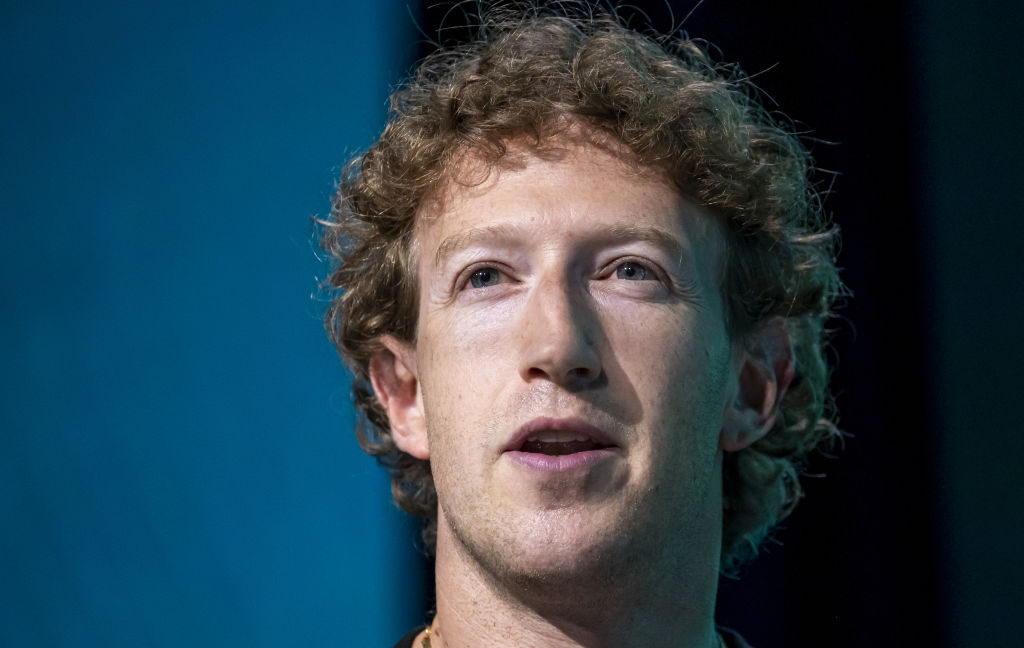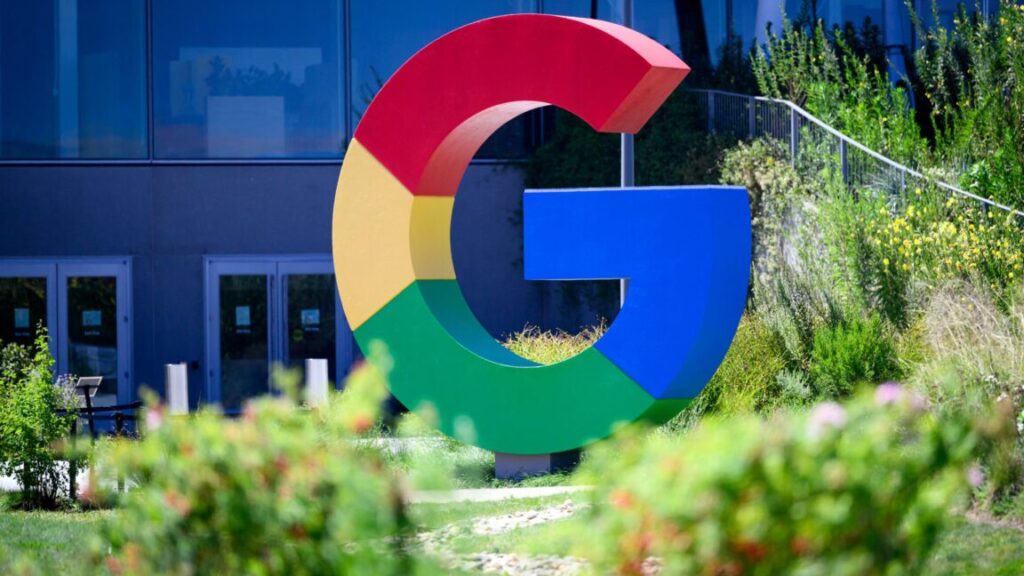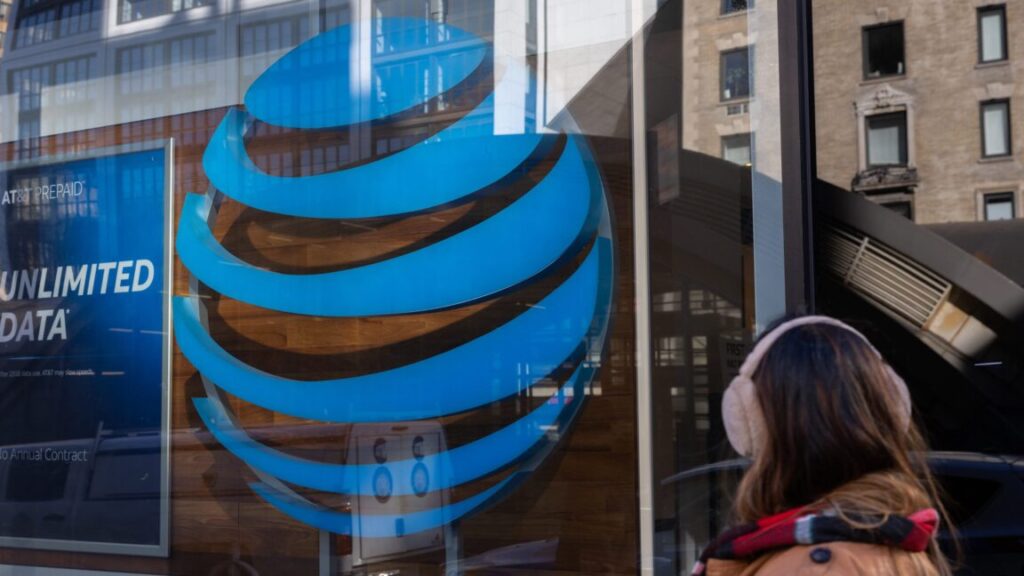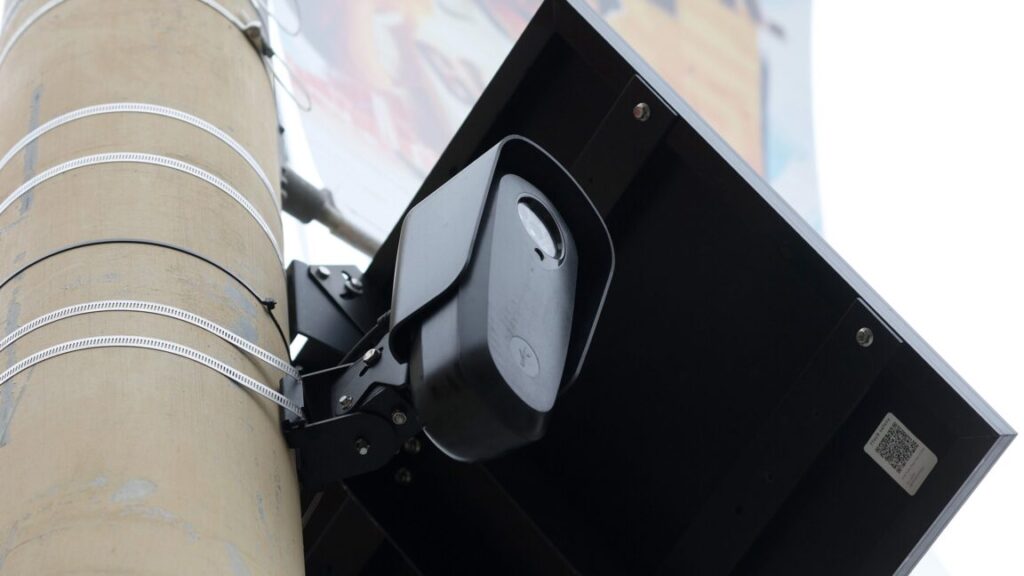New York starts enforcing $15 broadband law that ISPs tried to kill
1.7 million New York households lost FCC discount
The order said quick implementation of the law is important because of “developments at the federal level impacting the affordability of broadband service.” About 1.7 million New York households, and 23 million nationwide, used to receive a monthly discount through an FCC program that expired in mid-2024 after Congress failed to provide more funding.
“For this reason, consumer benefit programs assisting low-income households—such as the ABA—are even more critical to ensure that the digital divide for low-income New Yorkers is being addressed,” the New York order said.
New York ISPs can obtain an exemption from the low-cost broadband law if they “provide service to no more than 20,000 households and the Commission determines that compliance with such requirements would result in ‘unreasonable or unsustainable financial impact on the broadband service provider,'” the order said.
Over 40 small ISPs filed for exemptions in 2021 before the law was blocked by a judge. Those ISPs and potentially others will be given one-month exemptions if they file paperwork by Wednesday stating that they meet the subscriber threshold. ISPs must submit detailed financial information by February 15 to obtain longer-term exemptions.
“All other ISPs (i.e., those with more than 20,000 subscribers) must comply with the ABA by January 15, 2025,” the order said. Failure to comply can be punished with civil penalties of up to $1,000 per violation. The law applies to wireline, fixed wireless, and satellite providers.
Charter Spectrum currently advertises a $25-per-month plan with 50Mbps speeds for low-income households. Comcast and Optimum have $15 plans. Verizon has a low-income program reducing the cost of some home Internet plans to as low as $20 a month.
Disclosure: The Advance/Newhouse Partnership, which owns 12.3 percent of Charter, is part of Advance Publications, which also owns Ars Technica parent Condé Nast.
New York starts enforcing $15 broadband law that ISPs tried to kill Read More »













